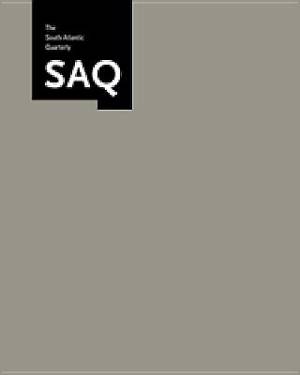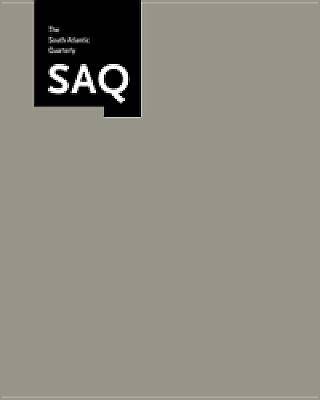
- Retrait gratuit dans votre magasin Club
- 7.000.000 titres dans notre catalogue
- Payer en toute sécurité
- Toujours un magasin près de chez vous
- Retrait gratuit dans votre magasin Club
- 7.000.0000 titres dans notre catalogue
- Payer en toute sécurité
- Toujours un magasin près de chez vous
Description
French philosopher Michel de Certeau wrote about seventeenth-century mysticism, religion and pluralism, architecture, everyday life, and the history of anthropology. But because critics of his works have tended to fragment it into hermetic compartments, dealing only with what is relevant to their own fields, the expansiveness of his ouevre has suffered damaging distortions in the secondary literature. This special issue of South Atlantic Quarterly provides the first comprehensive view of his complete work, with contributors evaluating his weaknesses as well as his strengths.
With articles that engage directly--as well as theoretically--with de Certeau, this collection corrects a long-standing imbalance in the criticism by covering works from two periods about which little is known in anglophone circles: his early books on religious history and his midlife histories of mysticism and possession. It also includes critiques from queer theory and feminist theory, as well as comparative readings that assess de Certeau alongside his famous contemporary, Michel Foucault. With articles by an international array of scholars who address both the secular and the religious thinker, this special issue is the most definitive study to date of this important twentieth-century thinker.
With articles that engage directly--as well as theoretically--with de Certeau, this collection corrects a long-standing imbalance in the criticism by covering works from two periods about which little is known in anglophone circles: his early books on religious history and his midlife histories of mysticism and possession. It also includes critiques from queer theory and feminist theory, as well as comparative readings that assess de Certeau alongside his famous contemporary, Michel Foucault. With articles by an international array of scholars who address both the secular and the religious thinker, this special issue is the most definitive study to date of this important twentieth-century thinker.
Contributors. Jeremy Ahearne, Frederick C. Bauerschmidt, Ian Buchanan, Philippe Carrard, Claire Colebrook, Tom Conley, Verena Andermatt Conley, Catherine Driscoll, Carla Freccero, John Frow, Richard Terdiman, Timothy Tomasik, Marie-Claire Vallois, Graham Ward
Spécifications
Parties prenantes
- Auteur(s) :
- Editeur:
Contenu
- Nombre de pages :
- 288
- Langue:
- Anglais
Caractéristiques
- EAN:
- 9780822364733
- Date de parution :
- 16-03-01
- Format:
- Livre broché
- Format numérique:
- Trade paperback (VS)
- Dimensions :
- 155 mm x 230 mm
- Poids :
- 394 g

Les avis
Nous publions uniquement les avis qui respectent les conditions requises. Consultez nos conditions pour les avis.






